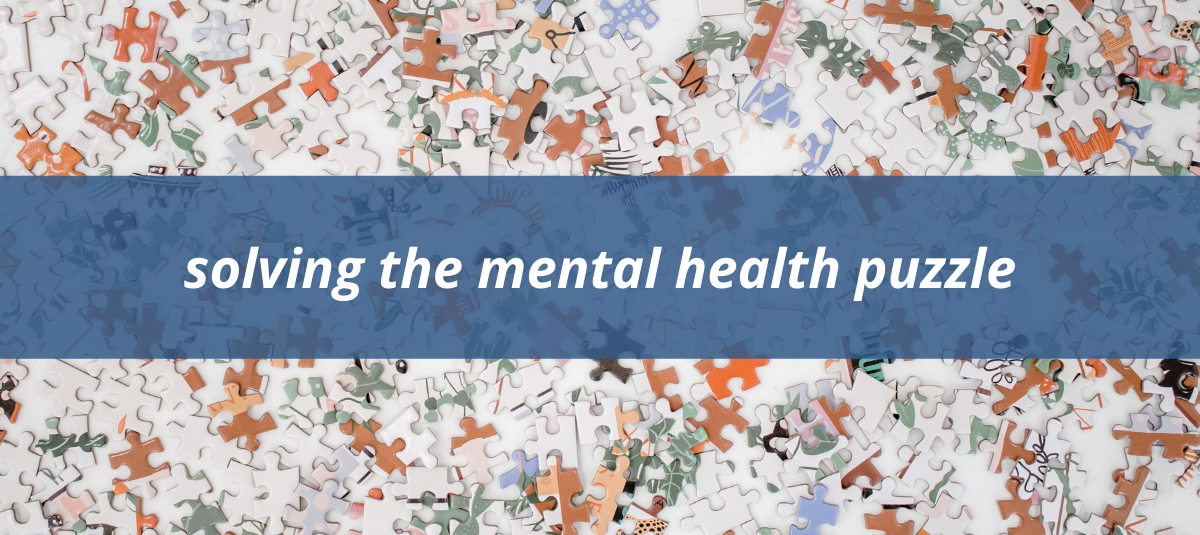
For some, the oddly jumbled phrases above may be hard to piece together at first. However, something that I recently learned from a past summer internship is that when we are provided even just a tiny bit of context, problems like these can be easier to decipher.
Context is defined as the circumstances that form the setting for an event, statement, or idea, and in terms of which it can be fully understood and assessed. It applies to many topics, and can be given in different forms. If we’re given the first and last letters of each word as context, the phrases slowly become readable.

I think the last thing I expected going into my internship this past summer was that I would talk about mental health on a public platform. After all, it was a cybersecurity internship, and my focus was on researching the use of improved context to enhance cyber threat intelligence processes and analyses. However, while working, there were times that my anxiety would get the best of me. Thus, I began searching for support within the agency for my mental health needs; what I found was an employee resource group focused on empowering those with disabilities. I joined the group at a time when mental health advocacy had started growing into a new focus, as they considered mental health concerns to be hidden disabilities. A large part of my summer circled back to speaking about my mental health, and using my journey to be a platform to increase resources in the agency for new employees. Despite all the times I’ve spoken about my mental health to other students, as a part of Active Minds and as part of a college community, speaking at work about my mental health felt weird.
But that’s the thing: mental health conversations are puzzling at times, and that’s okay! Whether the conversation is about yourself or about another, these conversations can be awkward. They can make you feel uncomfortable. You’re not sure if what you’re saying is appropriate. Starting the conversation, however, is the first piece to solving the puzzle. To finish the puzzle, we must know how to continue the conversation, and understand the full scope of the problem.
That said, Mental Health Awareness Week is the perfect opportunity to educate yourself about all things mental health. Seek out the free and reliable resources found on the Internet to learn about warning signs and symptoms. Attend events hosted by local mental health advocacy nonprofits (like Active Minds chapters!) to discover different techniques to support a person afflicted by mental illness. Take time to become aware of hotlines and services. Demonstrate initiative to find the context clues you might be missing!

When I shared my story to others in the agency, I sometimes felt unqualified to speak – especially if they asked for my own opinion or advice. Sometimes, it was the apparent age gap between them and I. Other times, I didn’t know if I was aware of every resource available to employees at the agency. And a lot of times, I had never personally experienced what they were describing.
However, I made an effort to still try. I spoke up and shared my thoughts – even if these thoughts came in the form of more questions. Overall, what was important to me was conveying that mental health conversations should be held no matter what setting. I wanted others around me to know that I was at the very least aware that there was a population of those who need support for their mental health, and that I’m here to be there for them.
Being aware starts with a few words. Whether it’s you giving a message of hope, or sharing a few words about how you’re feeling in hopes someone will reciprocate, know that each word said is valuable, as each word provides context to the story. Letting others know you’re aware can sometimes be all that is needed.
With context, anyone can learn to unscramble the mental health puzzle. I hope that as Active Minds chapters continue the great work they do, we can continue to find the missing context clues that can help de-stigmatize the conversation throughout Mental Health Awareness Week!




